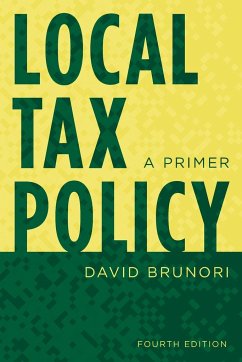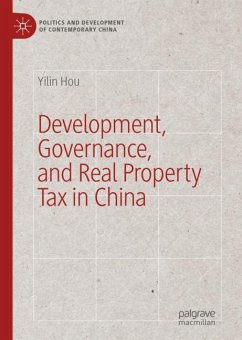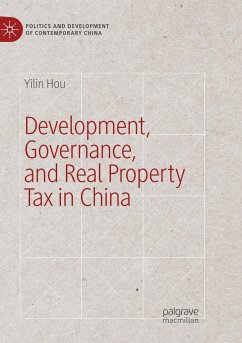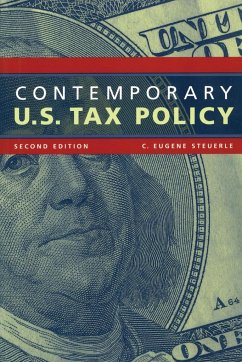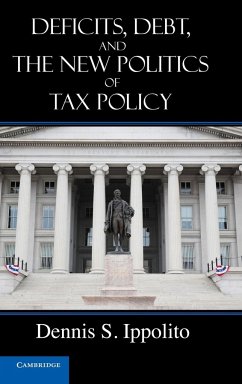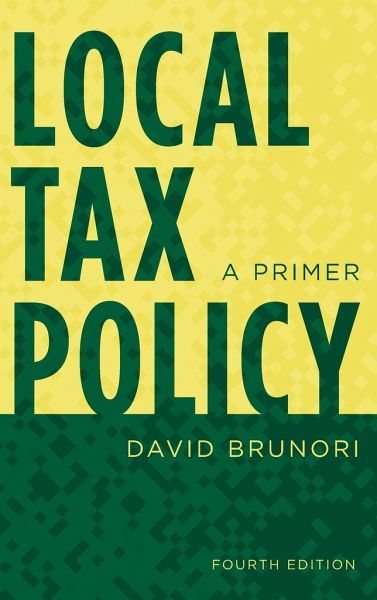
Local Tax Policy
A Primer
Versandkostenfrei!
Versandfertig in 1-2 Wochen
79,99 €
inkl. MwSt.
Weitere Ausgaben:

PAYBACK Punkte
40 °P sammeln!
Local Tax Policy: A Primer provides the definitive discussion of how local governments raise revenue. The book addresses the fundamental influences on local tax and revenue policy including interjurisdictional competition, the politics of anti-taxation, and the relationships with state and federal governments.





